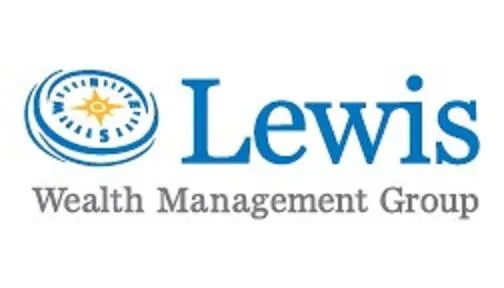
Direct Index Investing-Is it worth the trouble?
In the ever-evolving world of investment, Direct Index Investing (DII) has emerged as a noteworthy strategy, especially for those seeking a more hands-on approach to managing their portfolios. As a financial advisor with a keen interest in financial planning and tax optimization, let’s explore the nuances of Direct Index Investing, weighing its benefits against its potential drawbacks.
What is Direct Index Investing?
Direct Index Investing involves purchasing individual stocks to replicate the performance of a particular index, rather than buying a mutual fund or ETF that tracks it. This approach offers investors more control over their investments and can lead to significant tax advantages.
Pros of Direct Index Investing
Tax Efficiency: One of the most significant advantages of DII is the ability to manage tax liabilities more effectively. Investors can sell specific securities that are in a loss position to offset gains elsewhere, a strategy known as tax-loss harvesting.
Customization and Control: DII allows investors to tailor their portfolios to align with their personal values, financial goals, and risk tolerance. This could mean excluding certain stocks or sectors, or over-weighting in areas of personal or economic interest.
Cost-Effectiveness: Over time, DII can be more cost-effective than traditional mutual funds or ETFs, primarily due to lower expense ratios and the avoidance of fund management fees.
Transparency: Investors have full visibility into their holdings, which is not always the case with mutual funds or ETFs.
Cons of Direct Index Investing
Complexity and Management Intensive: DII requires a more hands-on approach. Investors need to be able to select the right stocks and adjust their portfolios regularly, which can be overwhelming for some.
High Initial Investment: To effectively replicate an index, a substantial initial investment is often necessary. This can be a barrier for smaller investors.
Brokerage Fees: While expense ratios may be lower, frequent buying and selling of individual stocks can lead to higher brokerage fees, offsetting some of the cost benefits.
Potential for Underperformance: If not managed correctly, DII portfolios can stray from their benchmark indices, leading to potential underperformance compared to the index they are trying to replicate.
Conclusion
Direct Index Investing offers a compelling option for those looking to take a more active role in their investment strategy, particularly for managing tax liabilities and customizing portfolios. However, it requires a keen understanding of the market, regular monitoring, and potentially a higher initial investment.
As a financial advisor, I always emphasize the importance of aligning investment strategies with personal goals and risk tolerance. Direct Index Investing can be a powerful tool in your investment arsenal, but it's essential to consider both its advantages and challenges before diving in.
Have you considered Direct Index Investing as part of your financial strategy? What aspects do you find most appealing or daunting? Share your thoughts and experiences in the comments below!
©2023 Lewis Wealth Management Group. All rights reserved.
Lewis Wealth Management Group
217-337-5584
2506 Galen Drive Ste 104
Champaign IL 61821
Check the background of your financial professional on FINRA's BrokerCheck.


